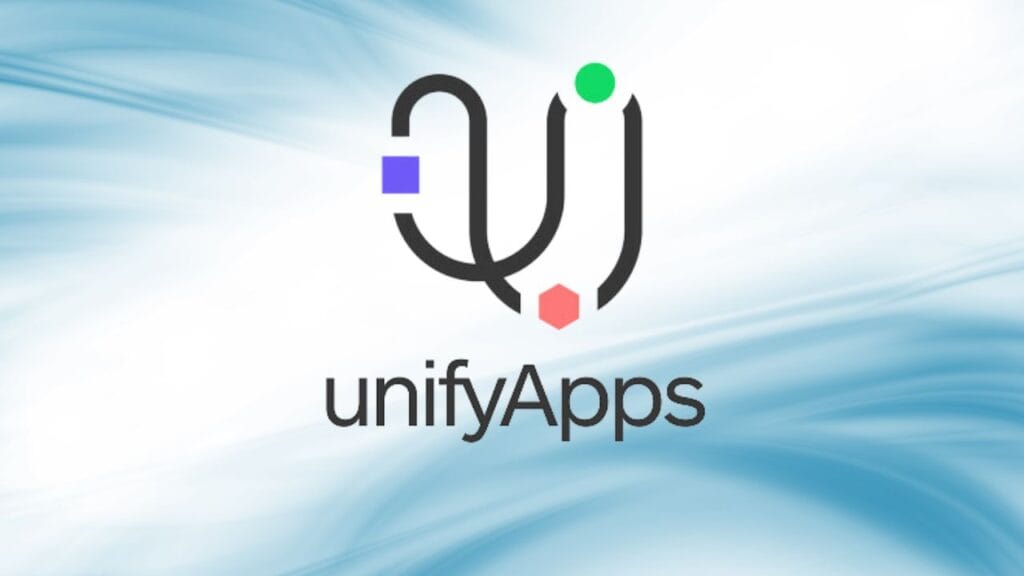Enterprise AI platform UnifyApps has raised USD 50 million in a Series B funding round led by WestBridge Capital, with participation from ICONIQ and other existing investors. The new financing brings the company’s total capital raised to USD 81 million.
UnifyApps Funding Details
The latest investment follows UnifyApps’ USD 20 million Series A round secured in November 2024, which was also led by ICONIQ Growth. The additional capital is aimed at expanding the company’s workforce, strengthening European operations, and accelerating product and platform development.
According to company representatives, the funds will also be directed toward enhancing enterprise integrations and deepening AI-driven automation capabilities across major business applications. The new round represents another step in UnifyApps’ effort to scale up its enterprise-focused AI ecosystem and increase global operational presence.
Leadership Expansion
As part of this funding milestone, UnifyApps announced that Ragy Thomas, an early investor and long-time enterprise software executive, has joined the company as Chairman and co-CEO. He will lead the organization alongside co-founder and current CEO Pavitar Singh.
Thomas brings industry experience from his previous roles in enterprise technology ventures, underscoring UnifyApps’ focus on leadership continuity and strategic growth at scale. The dual leadership model, the company stated, is designed to balance technology innovation with global expansion.
Platform Overview
Founded in 2023, UnifyApps operates in the enterprise automation and artificial intelligence segment. Its platform offers organizations a low-code and no-code AI operating system that connects systems of record, data sources, and productivity tools within a unified framework.
The company’s system is designed to integrate with widely used platforms such as Salesforce, Workday, and corporate intranets. This interoperability allows enterprises to unify disconnected data environments while deploying customized AI models and automating workflows seamlessly.

UnifyApps’ architecture is described as LLM-agnostic, enabling it to support multiple large language models for different enterprise use cases without being tied to a single provider. This approach allows companies to manage data, AI workloads, and automation layers independently while maintaining compliance and scalability.
Six-Layer Architecture
The company’s proprietary Six-Layer Enterprise AI Architecture covers six key operational areas: system integration, data and ontology management, automation of workflows, application experience delivery, and the deployment of autonomous agents. The model is aimed at helping organizations shift experimental AI efforts into stable, production-level deployments.
This layered structure also emphasizes governance and security, addressing concerns over fragmented AI adoption by offering standardized oversight across connected systems.
Client Portfolio
UnifyApps’ technology currently serves enterprise clients across multiple sectors. Its customer list includes HDFC Bank, Deutsche Telekom, Contentstack, and several government organizations in the United Arab Emirates. The company’s solutions are applied in functions such as human resources, claims management, and supply chain automation.
In addition to large clients, UnifyApps has extended its platform to mid-market enterprises looking to integrate AI into existing business operations without major infrastructure overhauls.
Market Reach
The company reports year-on-year growth exceeding 600 percent. Its solutions are used in industries ranging from retail and banking to healthcare, telecommunications, travel, and the public sector. UnifyApps attributes this expansion to increased enterprise demand for customized and scalable AI applications that enhance operational efficiency.
With a focus on interoperability and security, UnifyApps positions its platform as a bridge between traditional enterprise systems and next-generation AI-driven infrastructure. The company’s plan for the near term includes strengthening its European and Middle Eastern market presence and broadening participation in the global enterprise software ecosystem.


